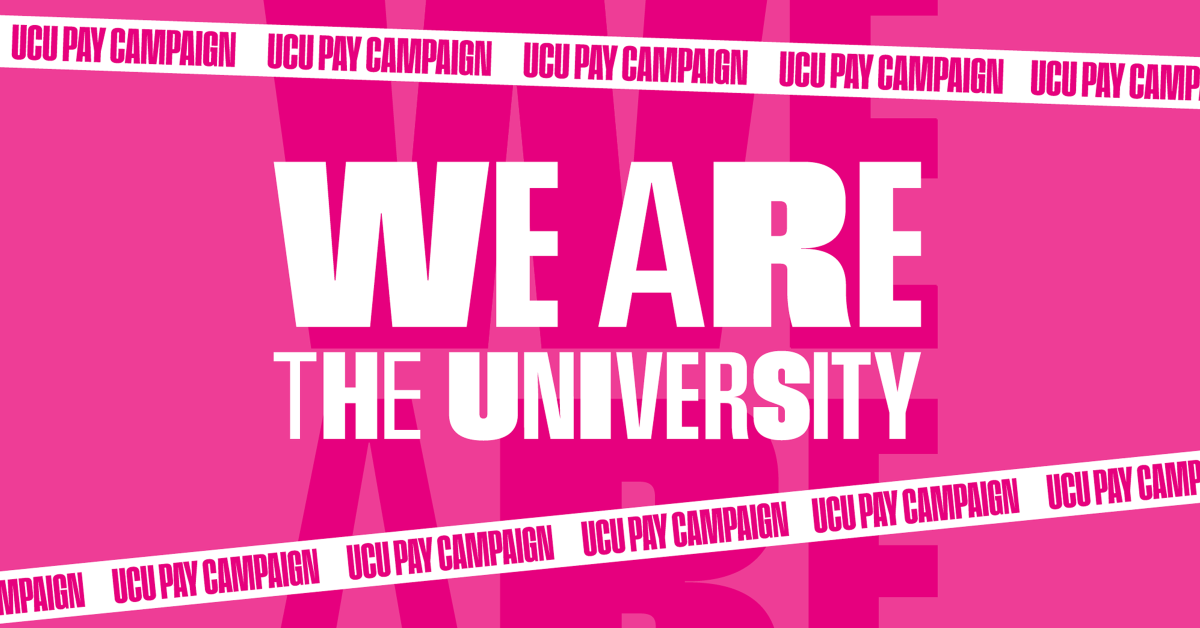By Laura Reid, University Correspondent
A study led by University of Bristol researchers has found that napping can help us unconsciously process information and even benefit our decision-making.
Sixteen healthy people between the ages of 20 and 91 participated in the study, carrying out two tasks. Half of the participants carried out the tasks with a 90 minute nap in between and the other half stayed awake throughout.
The first task involved participants being asked if they thought a series of words were ‘good’ or ‘bad’. In the second, they had to say whether they saw a blue or red square as it flashed up many times on a screen.
Researches used an EEG, an electroencephalogram, or in other words a machine which can record the electrical activity of the brain. The results showed that participants who had napped improved their reactions times on the first task, whereas those who had not slept for 90 minutes showed no change.
The University’s press release stated: 'the findings, published in the Journal of Sleep Research, support the advice which suggests that a period of sleep may help weighing up pros and cons or gain insight before making a challenging decision.'
This positive reinforcement of napping is very apt for students at Bristol, as juggling heavy workloads, extracurricular activities and a social life can have a negative impact on our energy levels. Taking a 90 minute nap can improve the way we process information in the brain, and could even help inform decision making.
Dr Liz Coulthard, Consultant Senior Lecturer in Dementia Neurology at the University of Bristol Medical School: Translational Health Sciences, said: "The findings are remarkable in that they can occur in the absence of initial intentional, conscious awareness, by processing of implicitly presented cues beneath participants' conscious awareness."
Further studies of a larger size will need to be done to understand whether these findings differ depending on age. Yet, this study has further supported the knowledge that napping can improve cognitive function, memory and learning.
Featured Image: Kinga Cichewicz / Unsplash









